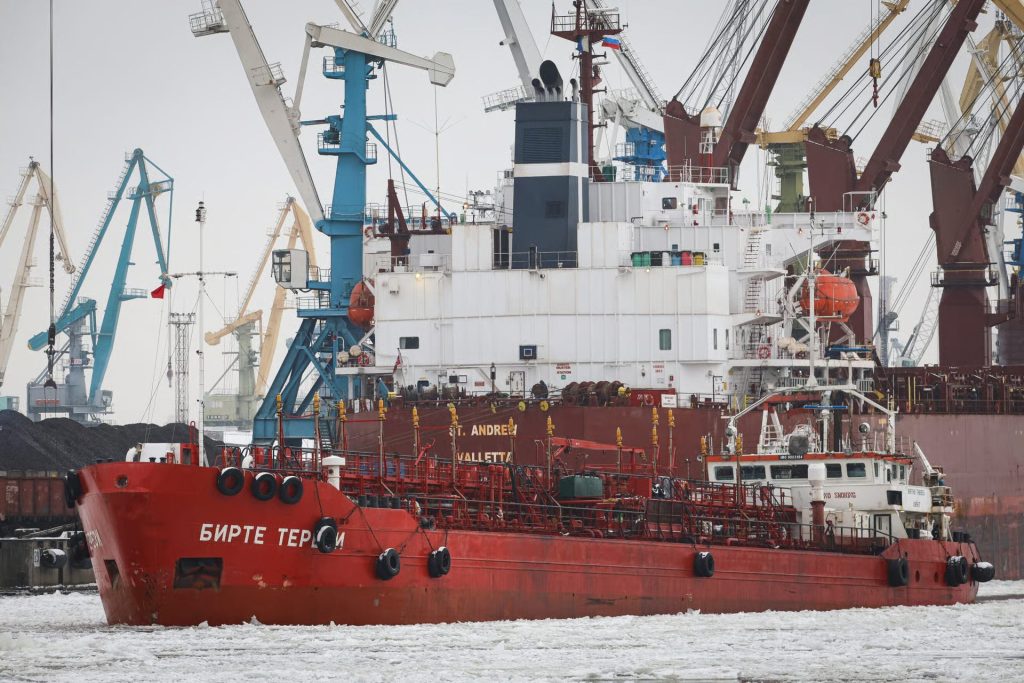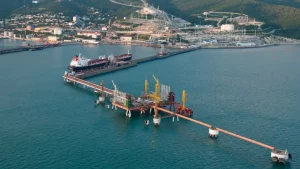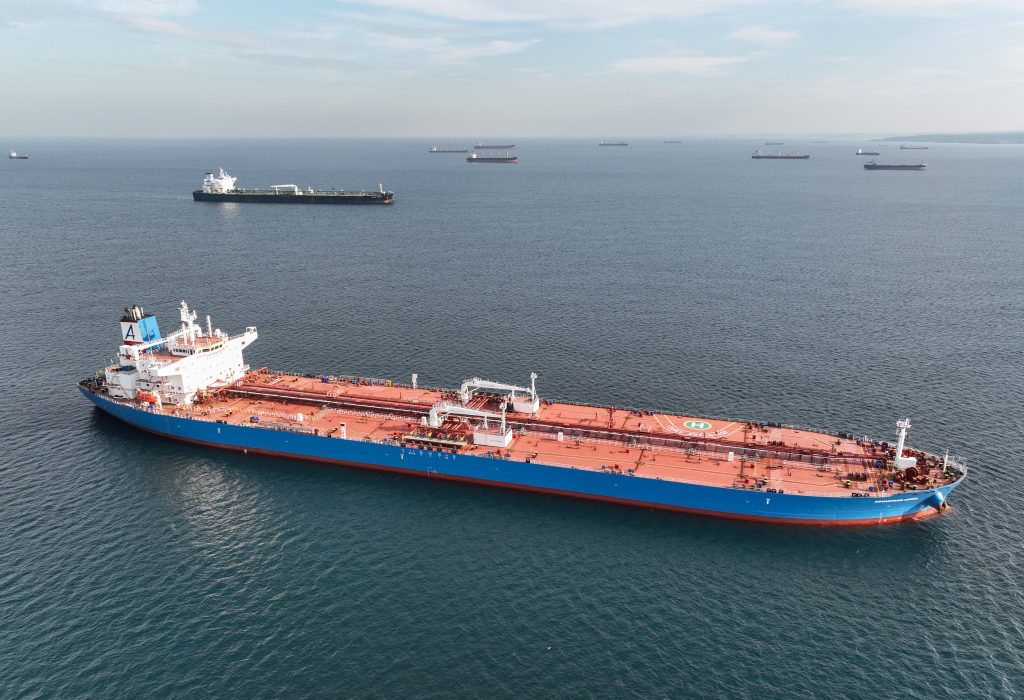EU postpones price cap on Russian oil due to situation in Middle East

EU to scrap proposals to cap Russian oil at $45/barrel due to Israel-Iran conflict
The EU will not pursue plans to impose a new “price ceiling” on Russian oil exports, Politico reports, citing concerns that the conflict in the Middle East would push up oil prices.
The proposal, which would have lowered the maximum price for Russian oil from $60 per barrel to $45, was due to be discussed by foreign ministers from across the bloc in Brussels on June 23.
However, two diplomats confirmed to Politico that the escalation of the conflict between Israel and Iran means the plan can no longer be implemented.
“The idea of lowering the price ceiling is unlikely to pass due to the international situation in the Middle East and the instability,” said one diplomat, who spoke on condition of anonymity.
“At the G7 meeting this week, all countries agreed that they would prefer not to make a decision right now,” he added. “Prices were quite close to the cap, but now prices are going up and down, the situation is too volatile at the moment.”
At the G7 summit in Canada, European Commission President Ursula von der Leyen acknowledged that the existing measures “have had a small effect — but in recent days we have seen that the price of oil has increased, the cap is doing its job… So at the moment there is no big pressure to lower the cap on oil prices.”
After Ukraine proposed lowering the cap, it was included in the text of the EU’s 18th sanctions package, published earlier this month. However, without the support of US President Donald Trump, the idea would have been impossible to implement, experts say. After all, lowering the cap without US support would not be effective.
USM previously reported that tankers are taking oil out of Iran due to the threat of strikes from Israel.





